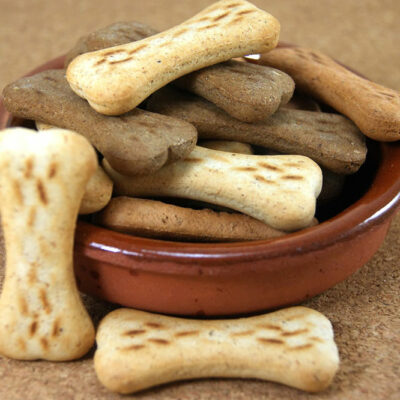
ADHD – Foods to Eat and Avoid
Attention deficit hyperactivity disorder is a mental health disorder that affects children and adults. Foods can help manage ADHD. Certain foods can be helpful for ADHD patients, while others can worsen the problem. ADHD patients should keep these foods in mind. The article lists out some of the foods to manage ADHD symptoms.
ADHD and food
ADHD affects mood, concentration, and energy. Foods that can help improve concentration levels and energy need to be part of the diet. The foods also need to keep sugar levels under control. The diet needs to be high in protein with minerals and vitamins to provide nutrition.
Certain foods can affect energy levels and worsen the symptoms of ADHD. It is important to avoid these foods to prevent problems.
Foods to avoid
While working out the diet to manage ADHD symptoms, it is important to avoid foods that are not good for health. Some of these foods include:
- Sugary beverages, desserts, and foods with high levels of sugar can cause blood sugar spikes.
- Simple carbohydrates like white bread, white rice, chips, fries, and sports drinks should be avoided as they can affect blood sugar levels.
- Caffeine can be a problem, especially if consumed in excess.
- Artificial additives like preservatives, flavors, coloring matter found in candies, cookies, packaged snacks should be avoided.
Foods to include in the diet
The following foods are good for people with ADHD and should be included in the diet.
- Proteins
Proteins are needed for energy. This is needed as a key requisite for ADHD patients. It helps to prevent sugar spikes and its resultant side effects. Some of the foods rich in protein are:
- Legumes and lentils
- Meat and poultry
- Fish and shellfish
- Eggs
- Nuts
- Low-fat dairy products
- Complex carbs
Complex carbohydrates are good for health. It prevents blood sugar fluctuations and overeating, which can cause weight gain. Complex carbs can also help an ADHD patient sleep well. Some of the foods with complex carbs to be included in the diet:
- Fruits and vegetables
- Whole grains
- Lentils
- Omega-3 fatty acids
Omega-3 fatty acids help improve brain functions. This allows for better concentration and can provide relief from some of the ADHD symptoms. Studies have shown the positive effects of Omega-3 for ADHD patients, especially for children. Omega-3 fatty acids are found in fatty fish like salmon, tuna, and sardines. They are also found in nuts like walnuts and Brazil nuts. - Vitamins and minerals
Vitamins and minerals are essential for good health. Certain minerals like iron, magnesium, and zinc help improve energy levels and concentration in ADHD patients. Vitamin D and B6 are also believed to be helpful for ADHD patients. These vitamins and minerals can be taken as supplements. They are also available in foods like:
- Beef, liver, beans, beet, and greens have high iron content
- Almonds, spinach, and peanuts have magnesium
- Eggs, fish, potatoes, and peanuts have vitamin B6
- Vitamin D is found in beef liver, fatty fish, eggs, and fortified foods
The article listed out foods to manage ADHD symptoms. These include foods to include in the diet and foods to avoid.


